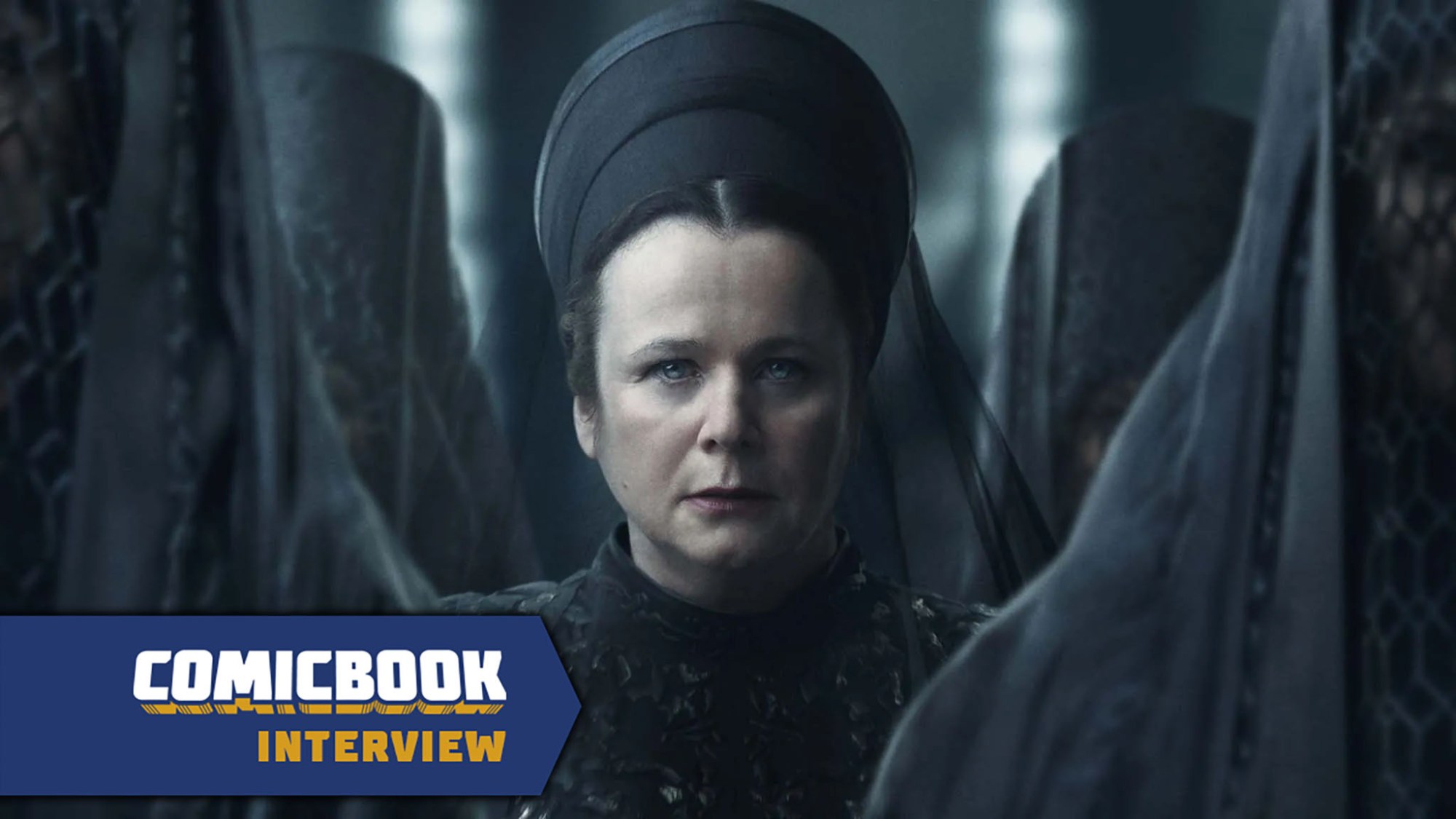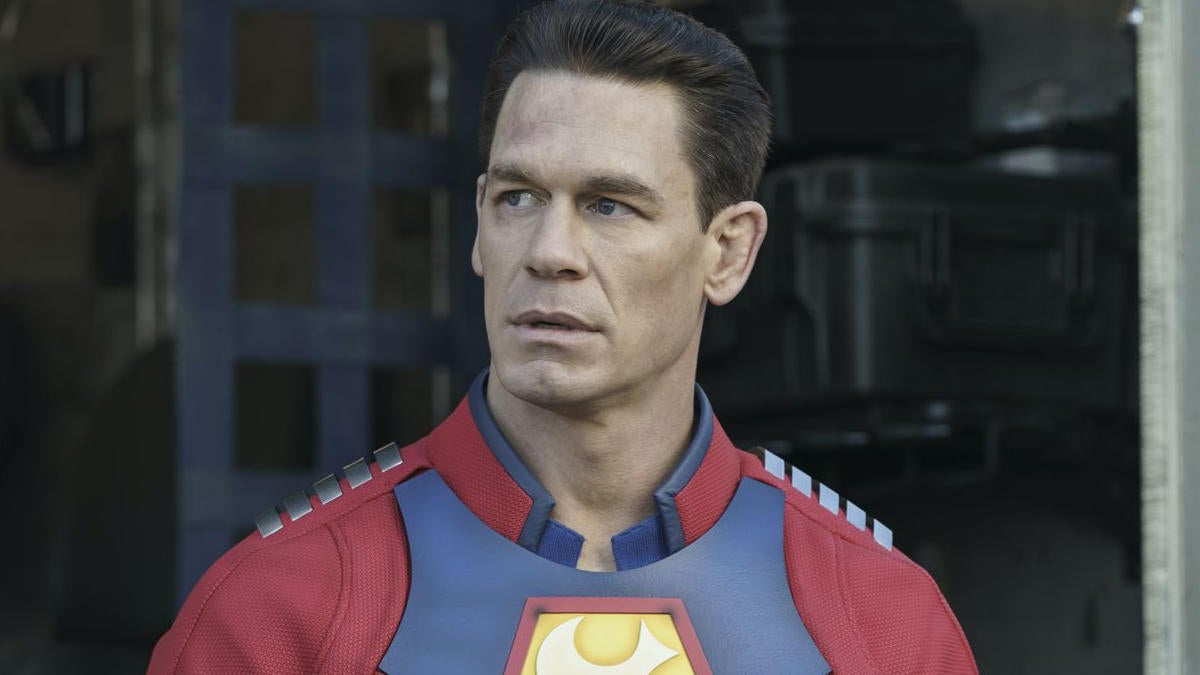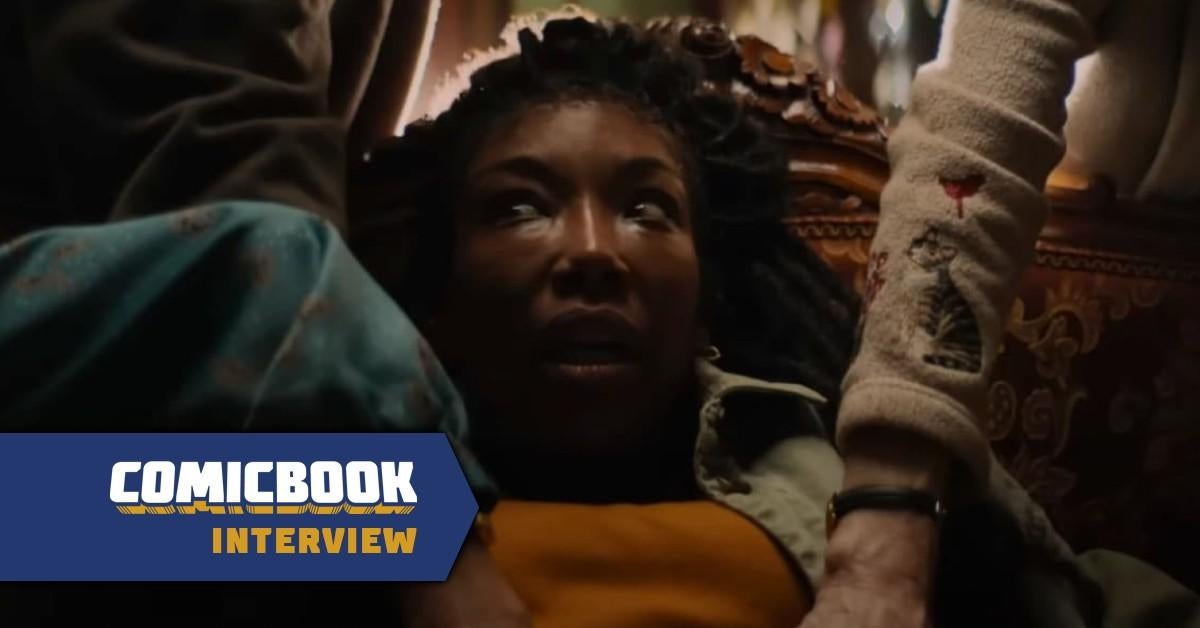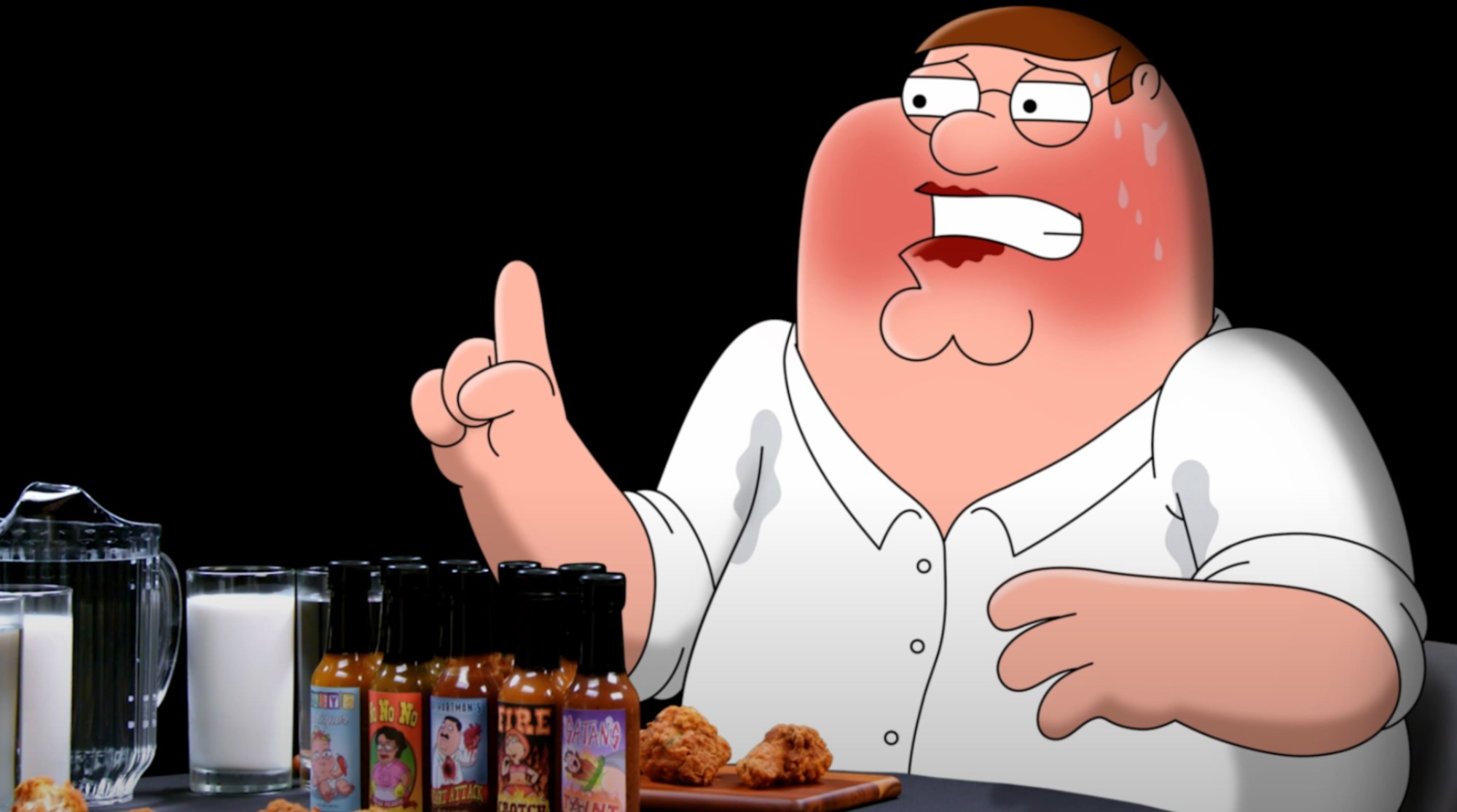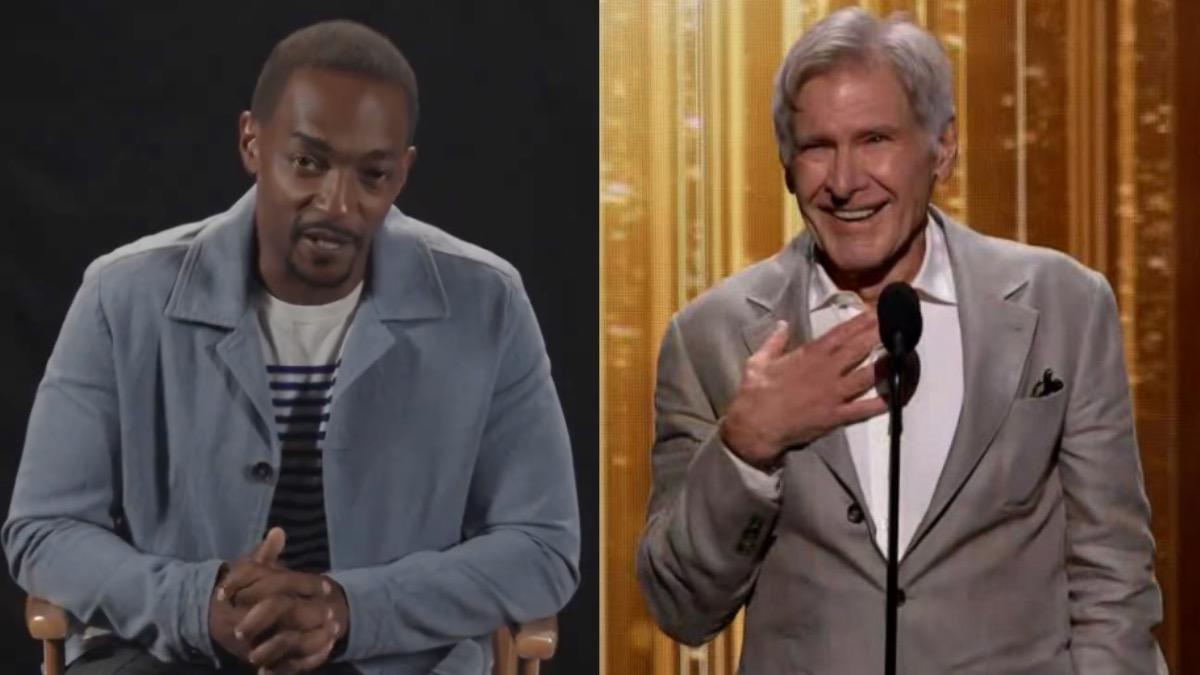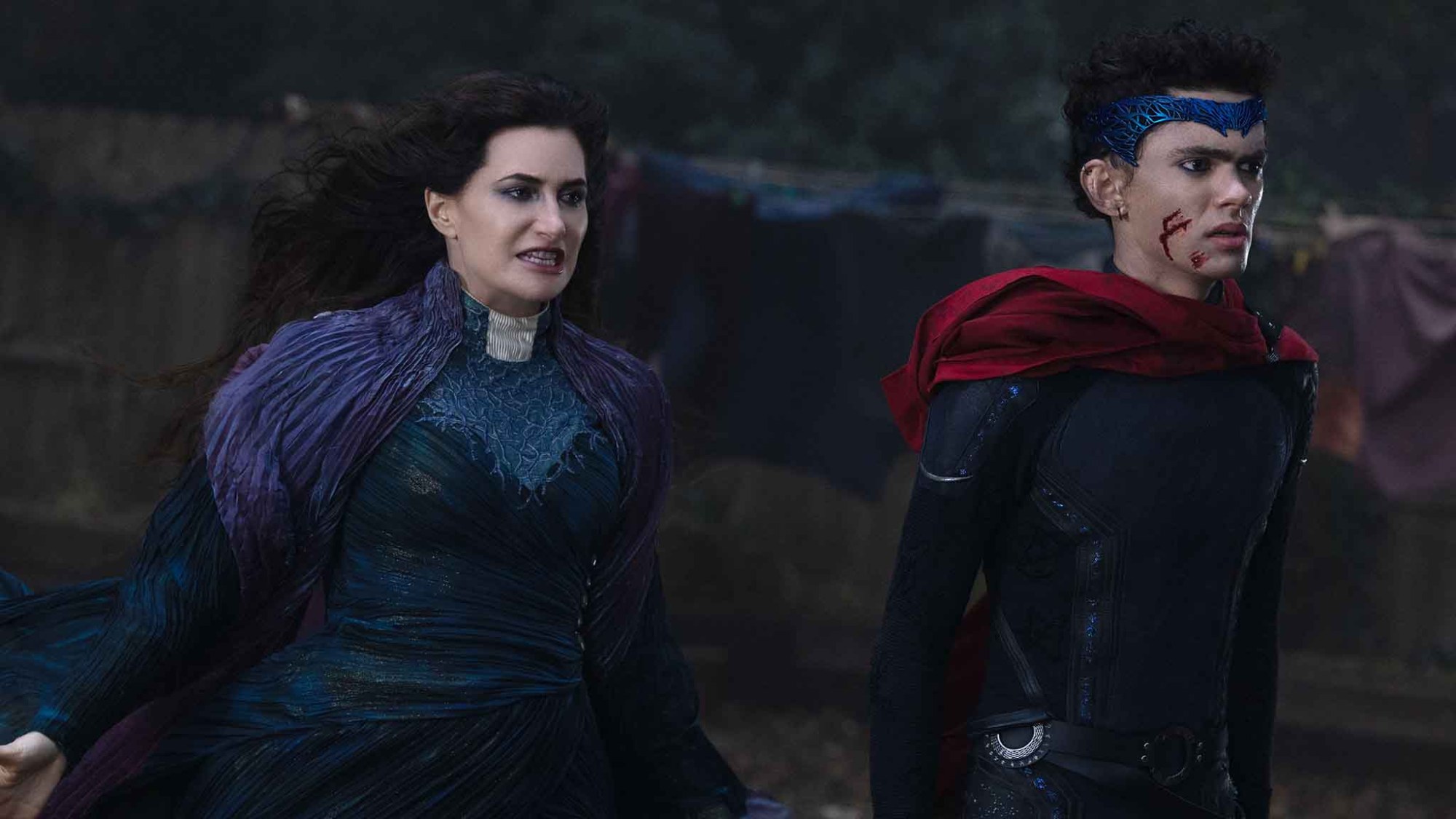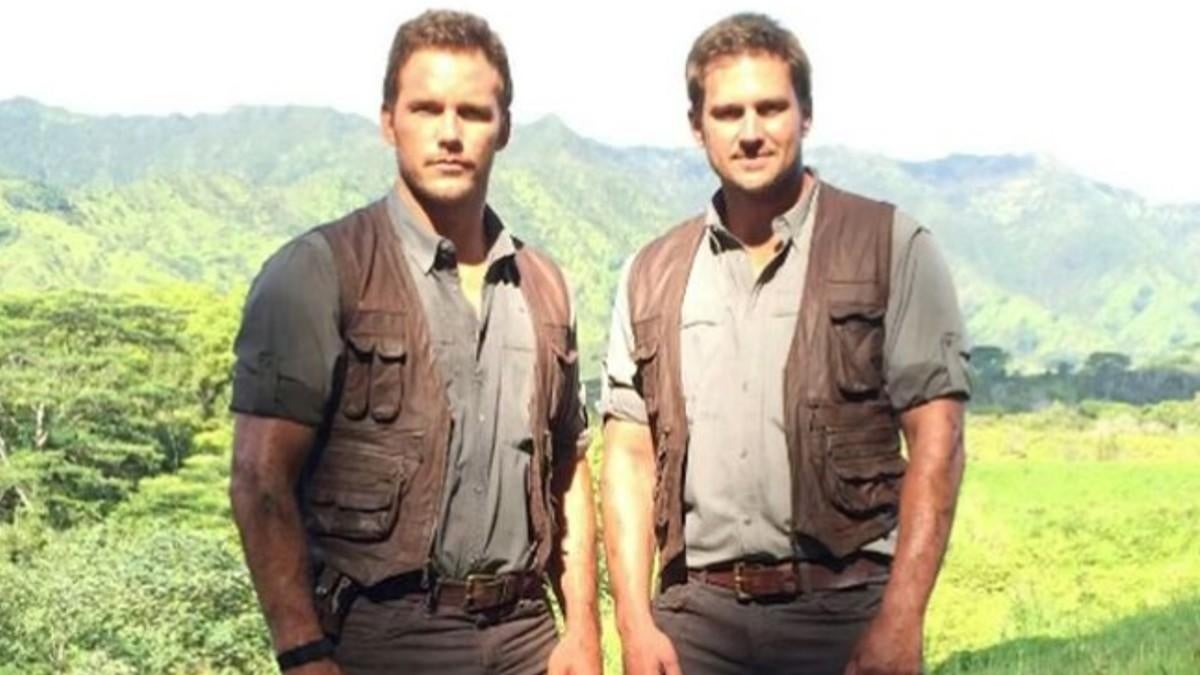Dune: Prophecy debuts on HBO on November 17th and while the series is an expansion of author Frank Herbert’s Dune franchise set 10,000 years before Paul Atreides’ story, the upcoming series is already drawing comparisons to another HBO series, Game of Thrones. With themes and elements of complicated alliances, a struggle for power, and betrayal, the two series seem to have some overlap just with Game of Thrones being more fantasy and Dune: Prophecy being more science fiction. Speaking with ComicBook, however, series stars Olivia Williams and Emily Watson say that while there are some natural similarities simply because these are both human stories, they are fundamentally different because of how Dune: Prophecy centers women.
“It’s human, you know? As research, Emily and I met on the steps of the National Gallery in London and looked at all those Tudor portraits of Elizabeth the First the various offspring and cousins of Henry the Eighth, and how the sisters could sign a letter saying I love you and sign a death warrant with the same pen,” Williams, who plays Tula Harkonnen, said. “So, there is a connection with history, but I think it’s Valya who says, you know, which is the more powerful, history or prophecy.”
Videos by ComicBook.com
“I think a difference in this is that the main protagonists in this are women,” Watson, who plays Valya Harkonnen, said. “It obviously covers the whole spectrum, there’s lots of other people, but you know, in the sense that it is centered around this sisterhood, I think that makes it unique and interesting and I’m not in any way holding these women up as kind of feminist icons because they are not. It’s very much a question of don’t do this at home, but great for us to have that range to play with. Not a potato peeler in sight.
Williams added, “The women in this series are not the adjuncts to the men and that is what sets us apart from Game of Thrones.”
Dune: Prophecy follows sisters Valya and Tula Harkonnen as they combat forces that threaten the future of humanity, and establish the fabled sect known as the Bene Gesserit. While both Dune and Dune: Part 2 were huge hits for Warner Bros. and both performed particularly well on Max, according to series showrunner Alison Schapker audiences do not need to have seen the movies or the books to watch the series — which will also show the origins of the Harkonnen/Atreides feud that is so important to the later Dune stories.
“It’s a great way to start if you haven’t familiarized yourself with Dune,” Schapker said at NYCC earlier this year. “To pull off that level of scope, you need a lot of trust from our partners, they told us not to hold back.”
In addition to Williams and Watson, Dune: Prophecy also stars Sarah-Sofie Boussnina as Princess Ynez, Shalom Brune Franklin as Mikaela, Faoileann Cunningham as Sister Jen, Aoife Hinds as Sister Emeline, Chloe Lea as Lila, Travis Fimmel as Demond Hart, Mark Strong as Emperor Javicco Corrino, Jade Anouka as Sister Theodosia, Chris Mason as Keiran Atreides.
What Do We Know About Dune 3?
While Dune: Prophecy will take viewers into the past when it comes to the world of Dune, fans are also curious about the franchise’s future as well. Dune: Part 2 was one of the biggest films of 2024 with people already hopeful for a third film in the series. A third film would adapt Herbert’s controversial follow-up novel, Dune Messiah and while Dune 3 hasn’t been officially greenlit by Warner Bros. at this point, filmmaker Denis Villeneuve has previously teased what a third Dune film might be about. Earlier this year, Villeneuve confirmed that war would be a major component of a third movie – comments that give us a little bit of an idea of what part of Dune Messiah a potential third film would center around.
Dune: Prophecy debuts Sunday, November 17th on HBO.
